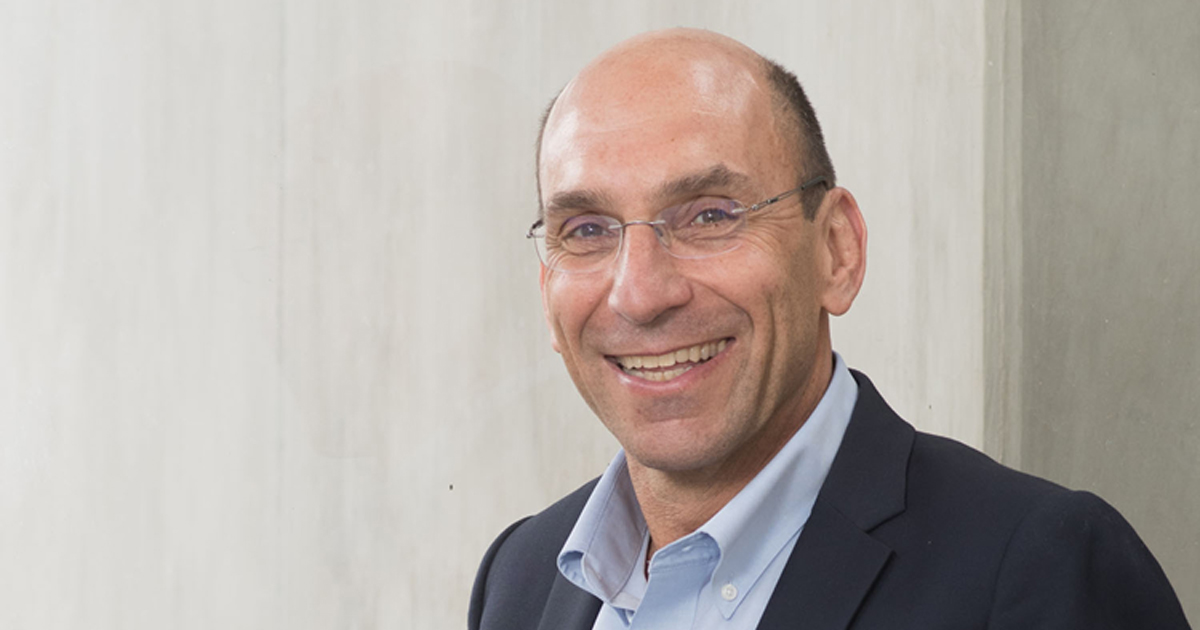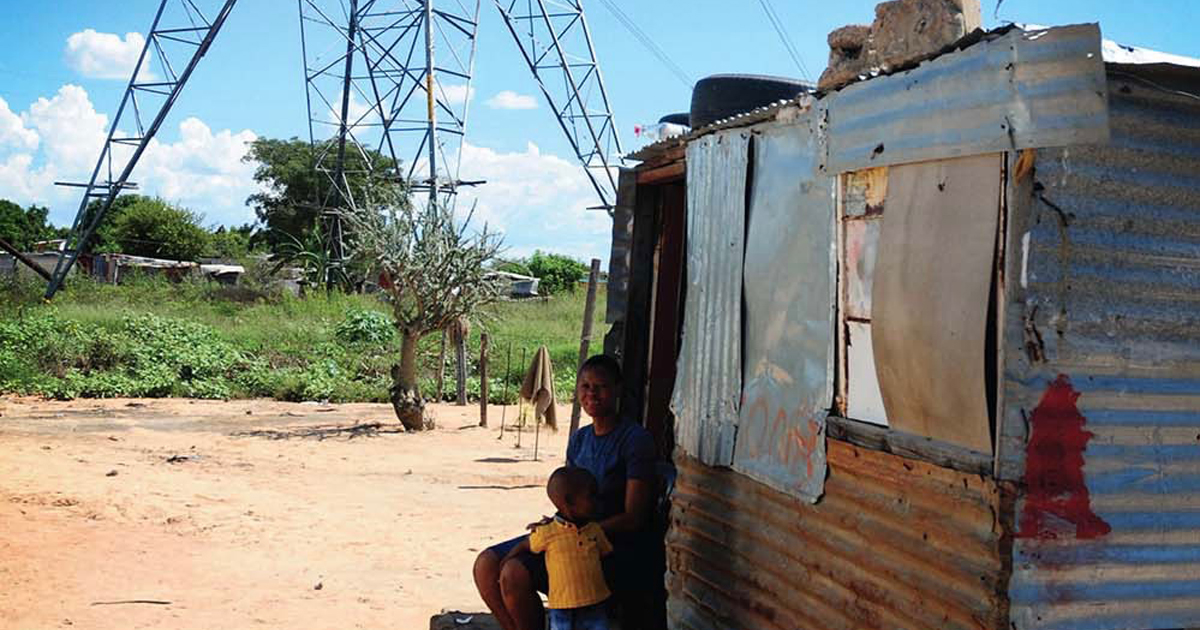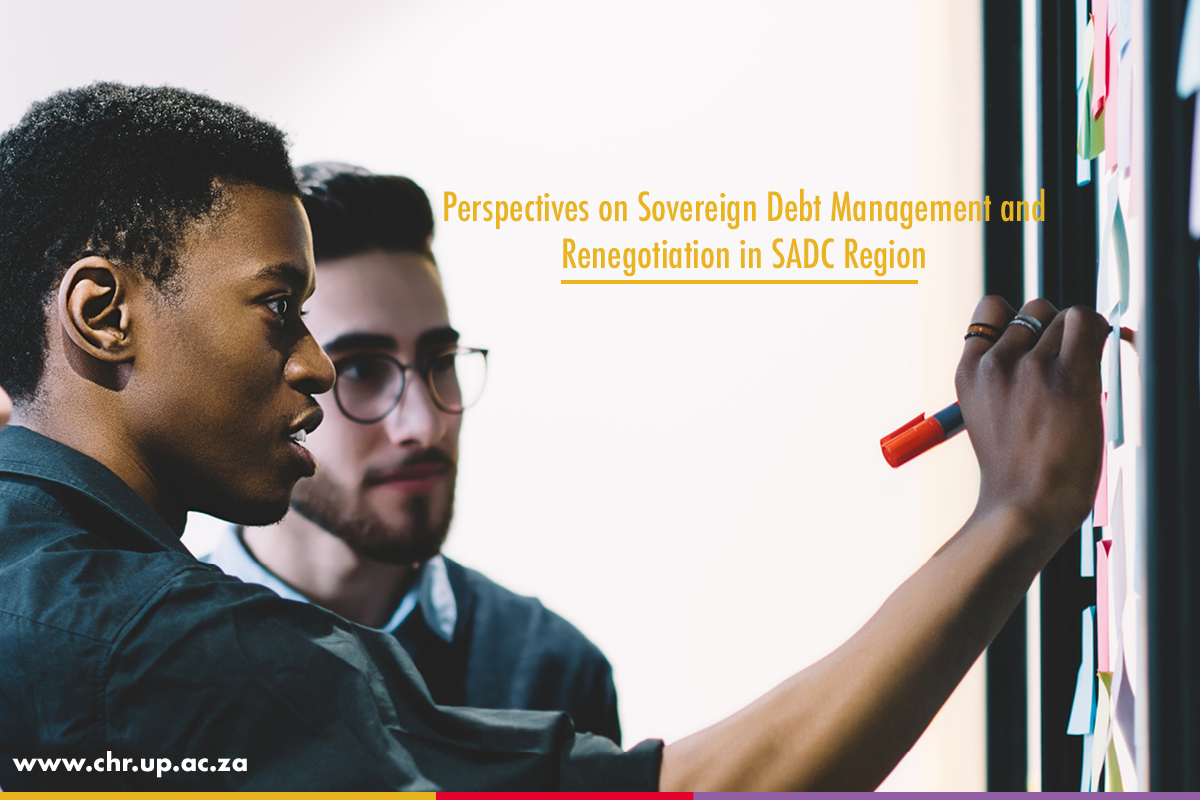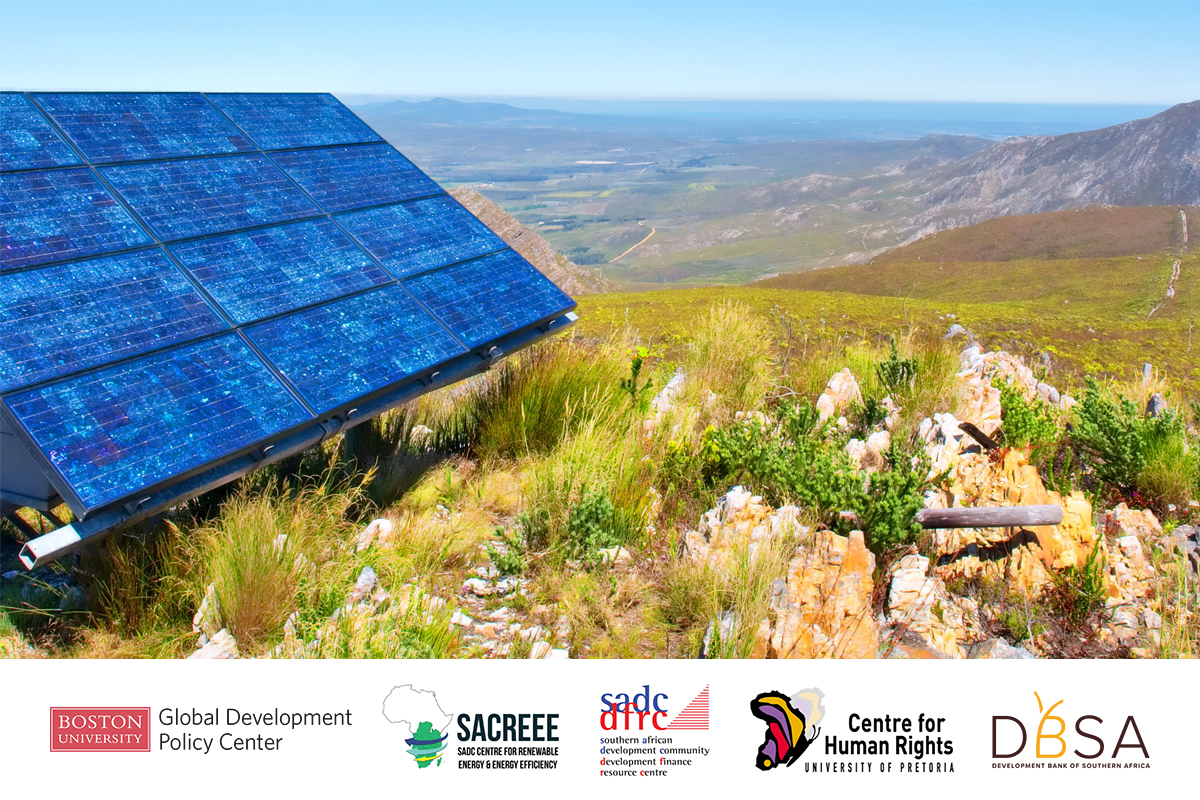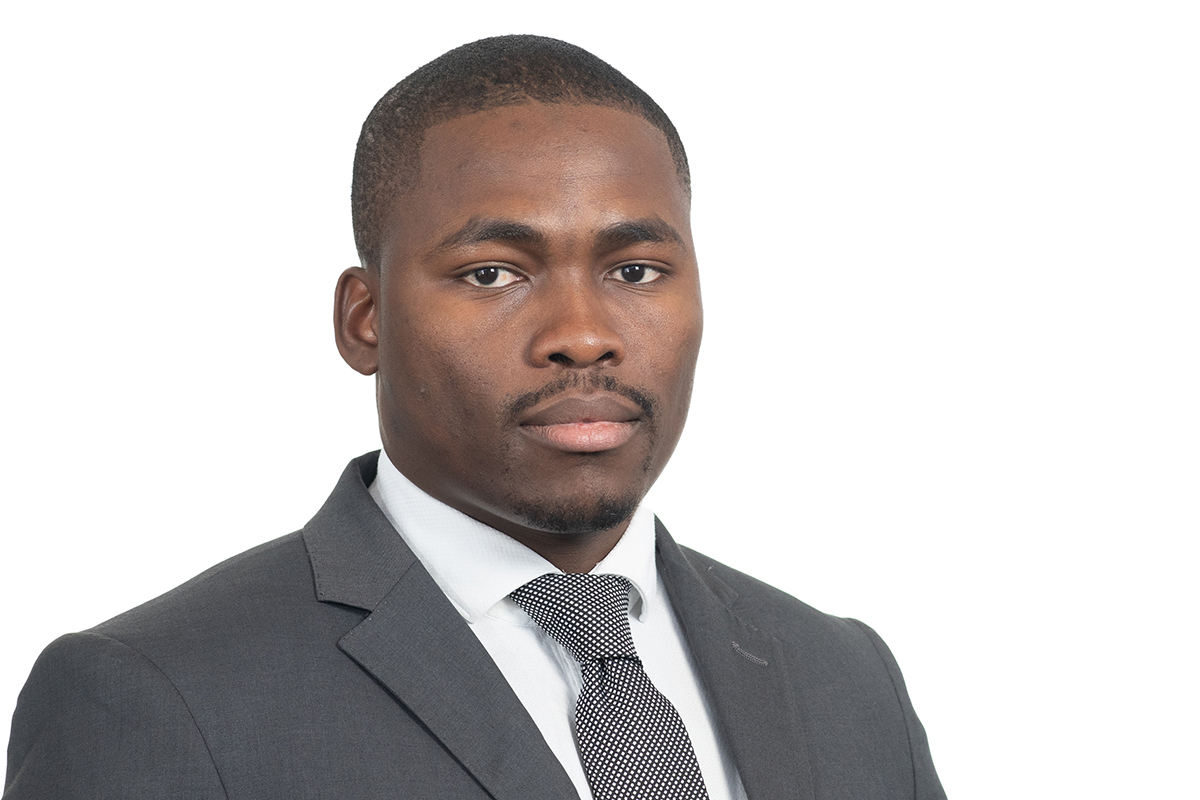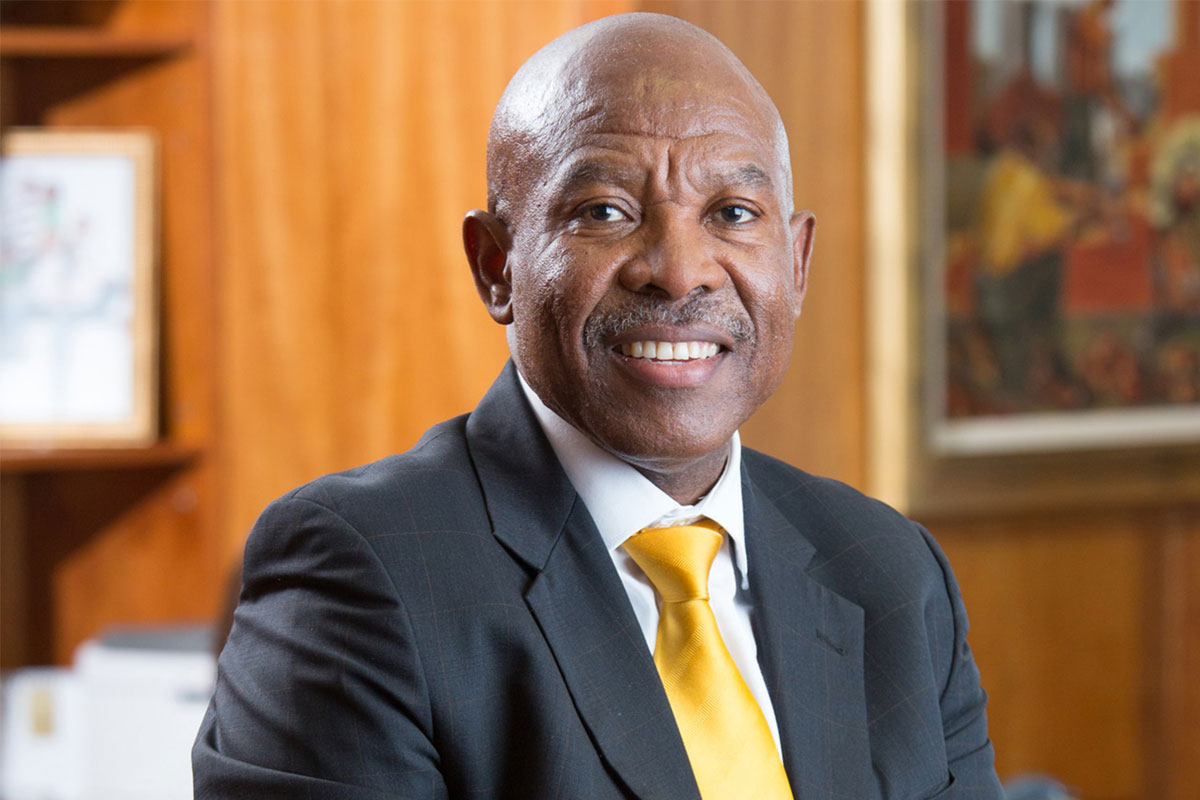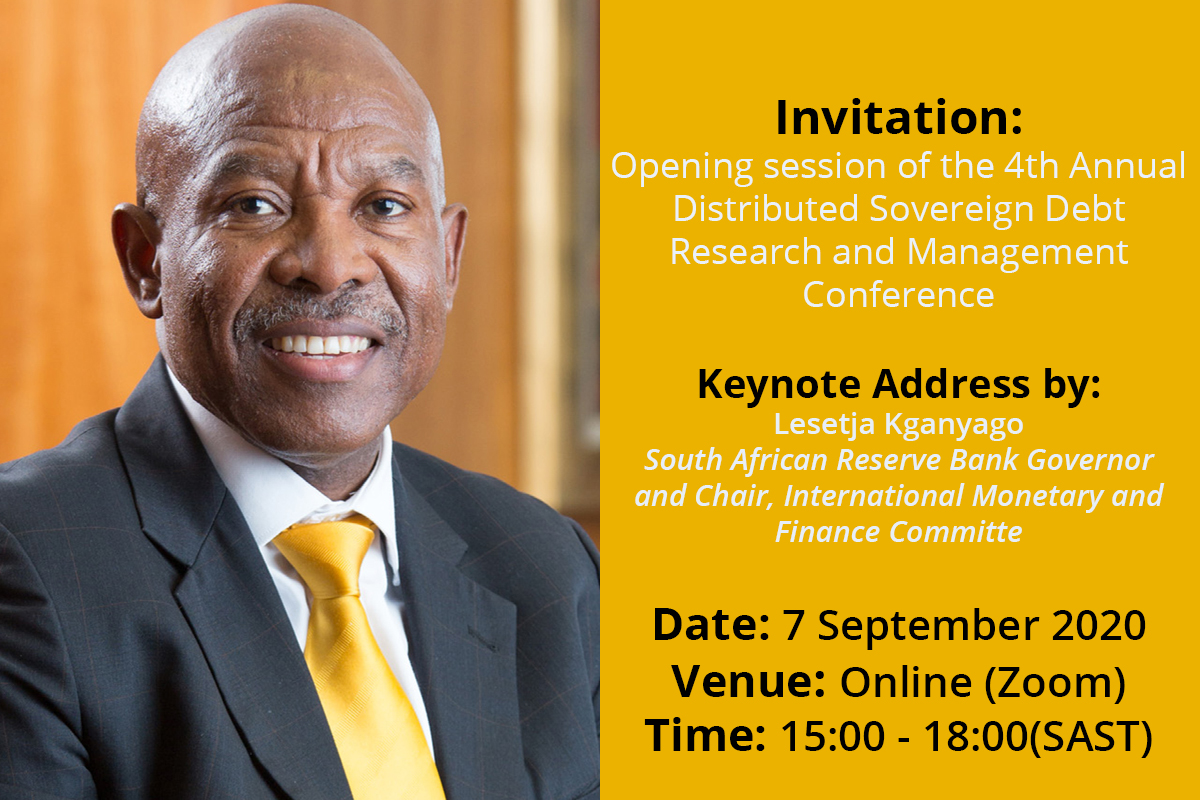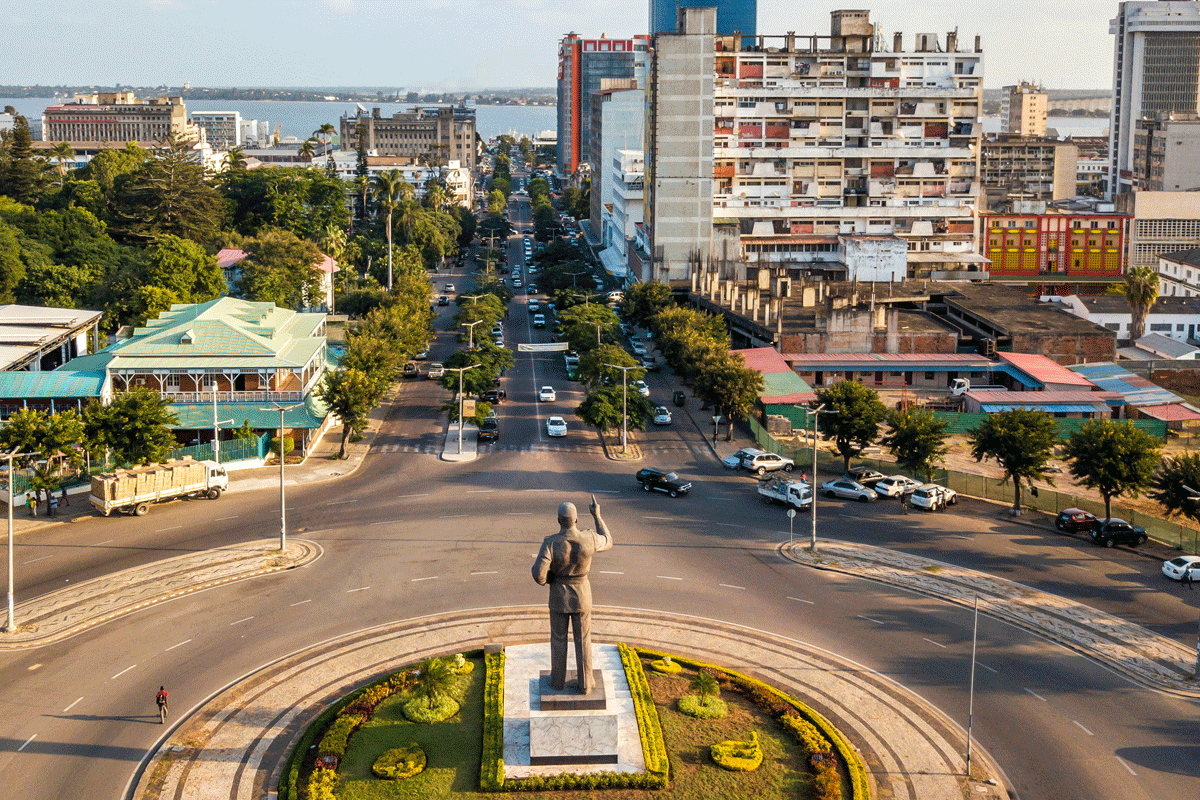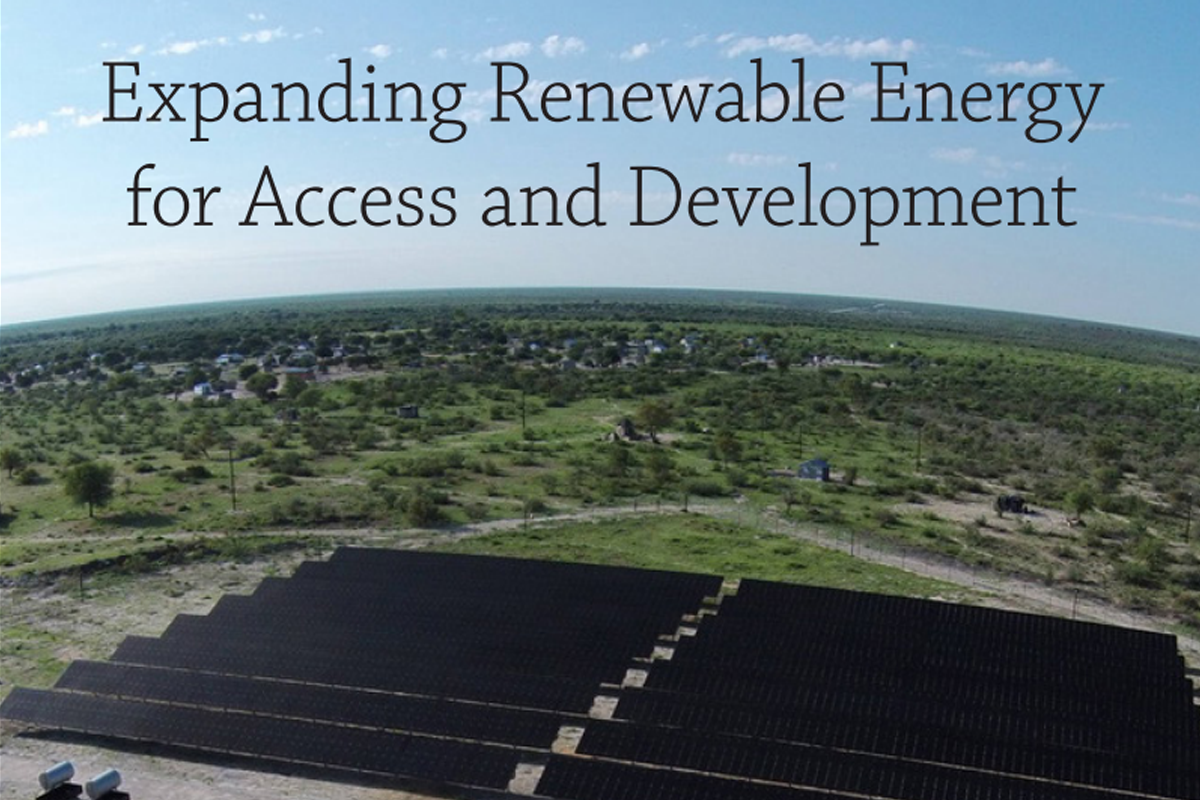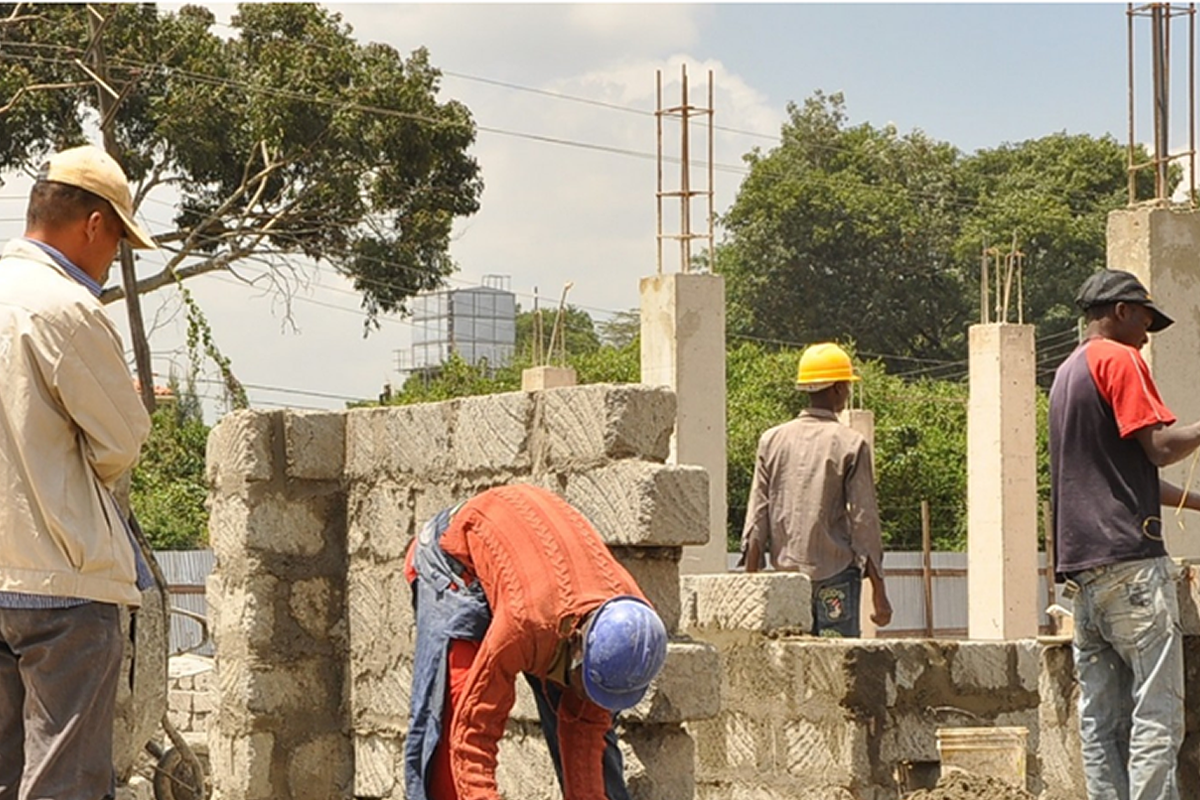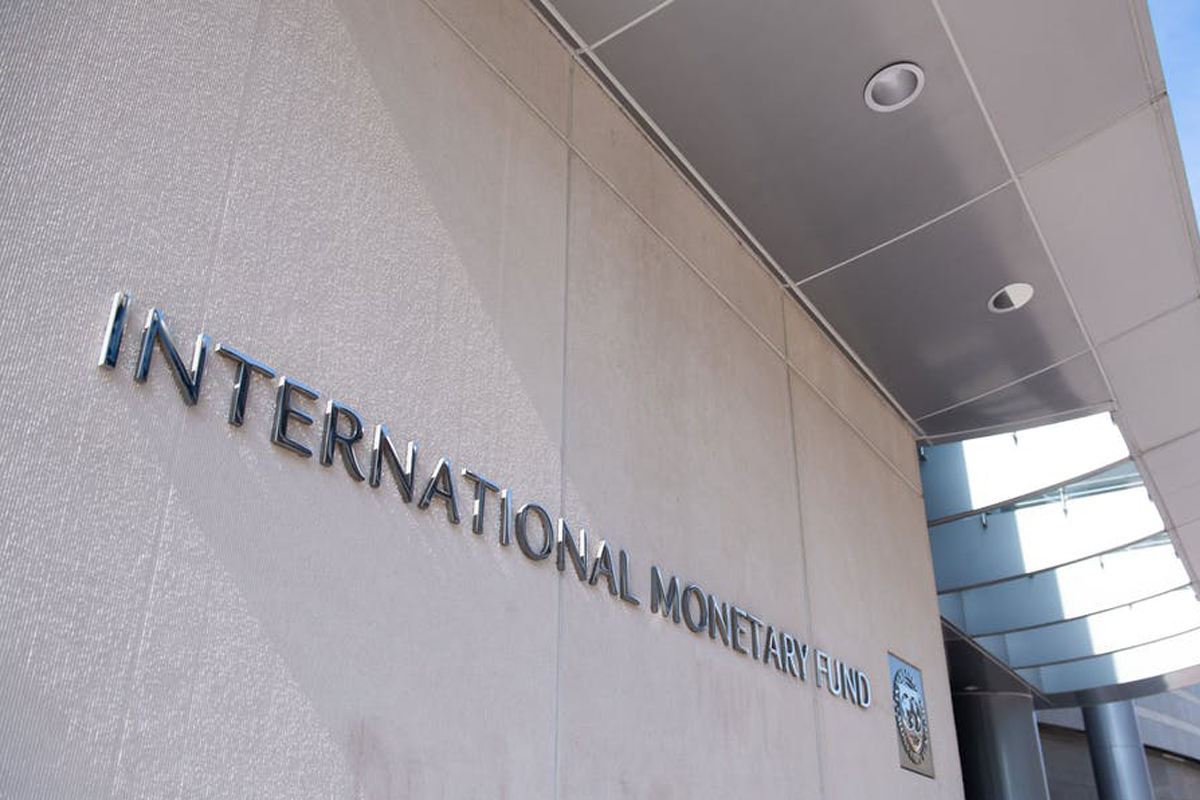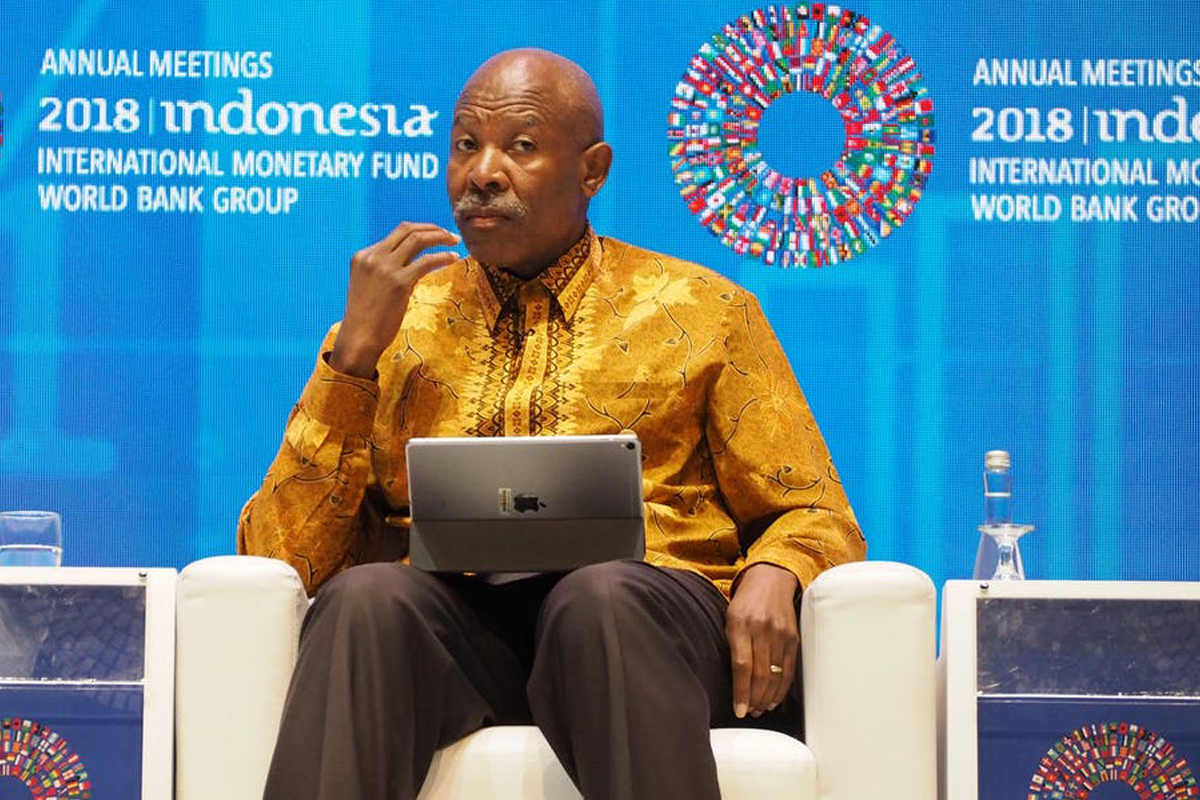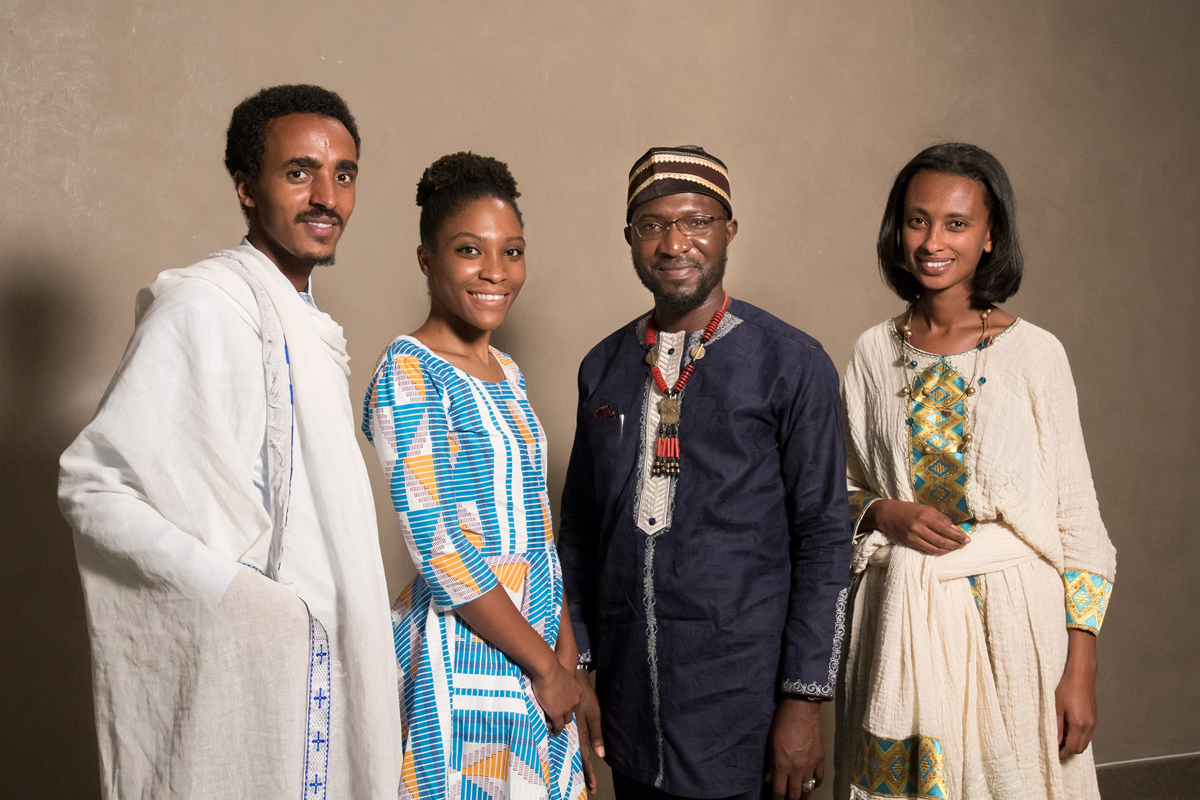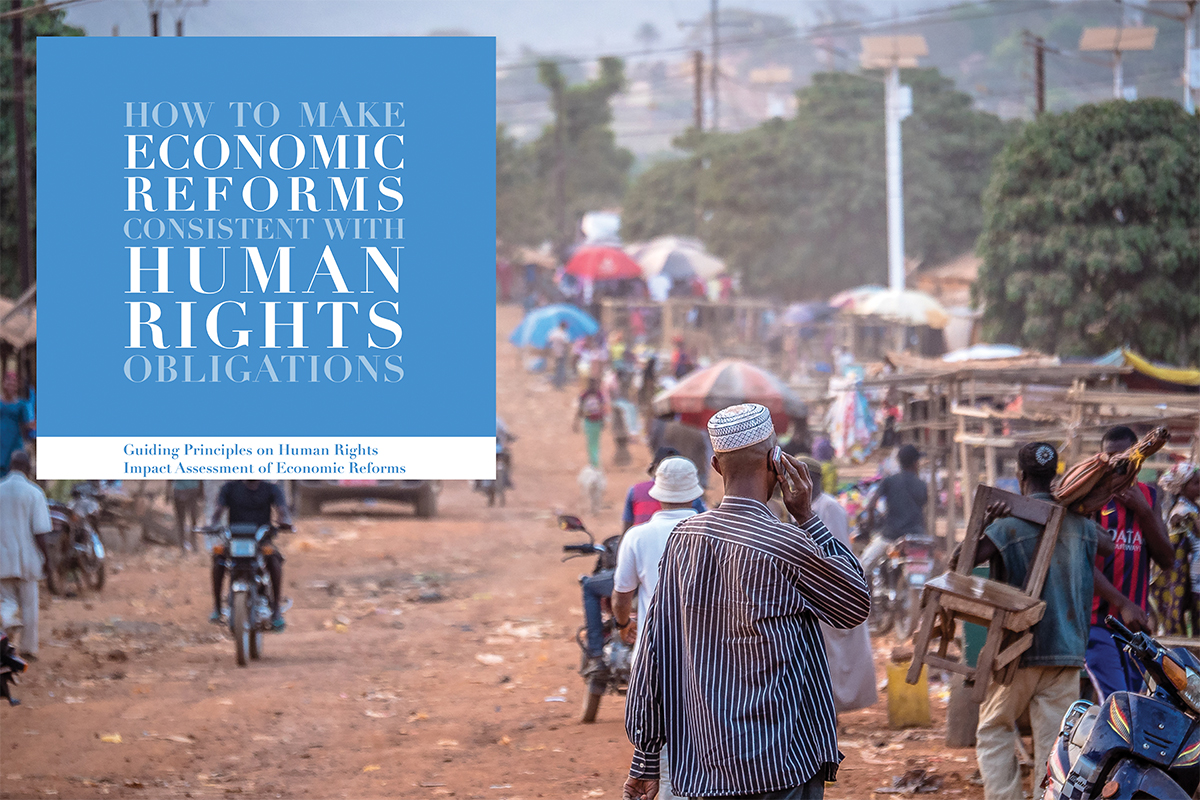The Centre for Human Rights, Faculty of Law, University of Pretoria (UP), recently formally bid farewell to an outstanding colleague and friend, Professor Danny Bradlow. Prof Bradlow is now based in UP’s Centre for the Advancement of Scholarship. Prof Danny Bradlow has been with us at the Centre for 15 years. He was a SARChI Professor of International Development Law and African Economic Relations and Head of the International Development Law Unit (IDLU).
The International Development Law Unit, Centre for Human Rights together in collaboration with Oxfam cordially invite you to a hybrid webinar to launch the reports for the New Development Bank Transparency and Accountability Series.
The International Development Law Unit (IDLU) at the Centre for Human Rights, University of Pretoria invites you to 4 workshops to discuss papers focusing on the impacts and challenges relating to the sovereign debt situations in the SADC member countries.
The Centre for Human Rights, Faculty of Law, University of Pretoria, in partnership with the Global Development Policy Center at Boston University, Southern African Development Community Centre for Renewable Energy and Energy Efficiency (SACREEE), SADC Development Finance Resource Centre (SADC-DFRC) and the Development Bank of Southern Africa cordially invite you to the launch of the report Expanding Renewable Energy for Access and Development: The Role of Development Finance Institutions in Southern Africa, featuring a discussion of the study and Q&A with the audience.
On 27 August 2020, the Centre for Human Rights, Faculty of Law, University of Pretoria, in collaboration with the South African Institute of International Affairs (SAIIA) and the African Climate Foundation hosted a webinar focusing on foreign policy and South Africa's climate change diplomacy.
The Centre for Human Rights, Faculty of Law, University of Pretoria, wishes to congratulate Dr Rimdolmsom Jonathan Kabre on his recent achievement. Dr Kabre, a post-doctoral research fellow at International Development Law Unit (IDLU), was awarded the 2020 Law Faculty Prize (Prix de Faculté) from the University of Lausanne (Switzerland) for the best doctoral dissertation. Dr Kabre was also awarded a grant to support the publication of his dissertation. This prize was awarded during the Opening Ceremony for the 2020 courses at the University of Lausanne, which took place on 15 September 2020.
About 40% of countries in Africa are at a debt-stressed level, while COVID-19 has forced a strong fiscal response globally as nations try to avoid lasting structural damage to their economies. This is according to Governor Lesetja Kganyago of the South African Reserve Bank, who spoke at the fourth annual Distributed Interdisciplinary Sovereign Debt Research and Management Conference, or D-DebtCon. The conference is taking place virtually this year in nine countries, spanning five continents, from 7 to 18 September.
The International Development Law Unit, Centre for Human Rights, University of Pretoria cordially invites you to the opening session of the 4th Annual Distributed Sovereign Debt Research and Management Conference (D-DebtCon4). The opening session will start a 15:00 (SAST) and the keynote address will be given by Lesetja Kganyago South African Reserve Bank Governor.
(By Professor Daniel Bradlow)
About eight years ago, the government of Mozambique formed two companies, Proindicus and the Mozambique Asset Management. These two companies entered into loan agreements, valued at approximately $2.2 billion, with creditors including Credit Suisse and VBT Bank. Even though these debts were obligations of the state, some of these debts were hidden from the Mozambique parliament and public. Their existence was exposed in 2016 and precipitated a debt crisis in the country.
The International Development Law Unit (IDLU) at the Centre for Human Rights, Faculty of Law, University of Pretoria, in collaboration with the Boston University, Global Development Policy Center, the SADC Development Finance Resource Centre (SADC-DFRC), the SADC Centre for Renewable Energy and Energy Efficiency (SACREEE) and the Development Bank of Southern Africa recently published a report that articulates how development finance can play a significant role in helping SADC countries shift toward more renewable and accessible energy sources for their countries.
(By Professor Daniel Bradlow)
African sovereign debtors are caught on the horns of a dilemma. On the one hand, they are obliged to help their populations deal with the COVID virus. This requires them to mobilize as quickly as possible the maximum available resources to spend on health care and on supporting people facing hunger, homelessness and unemployment. However, they know that they cannot raise sufficient financing for these purposes merely by mobilizing domestic resources and accessing official sources of finance.
(Op-Ed by Prof Daniel Bradlow)
The International Monetary Fund (IMF) has approved a R70 billion (US$4.3 billion) loan for South Africa to help the country manage the immediate consequences of the fallout from COVID-19. The Conversation Africa’s editor, Caroline Southey, asked Danny Bradlow to shed some light on what South Africans should expect.
(Op-Ed by Prof Daniel Bradlow)
The South African government has asked the International Monetary Fund (IMF) for $4.2 billion.
The money would come from a facility that provides financing to countries facing an urgent balance of payments need, without the need to have a full-fledged program in place.
(Op-Ed by Prof Daniel Bradlow)
Once again, African countries are confronting overwhelming debt burdens. According to the most recent World Bank debt statistics, they owe a total of $493.6 billion in long term debt to their foreign official and commercial creditors. About one third, $117 billion, is in the form of tradeable bonds. In 2019, many African countries spent more money servicing their debts than they did on health.
(Op-Ed by Prof Danny Bradlow)
The coronavirus and its economic consequences have caused economic tsunamis in every country in the world. The scale of the onslaught will dominate discussions at the International Monetary Fund (IMF)/World Bank spring meetings due to take place – for the first time ever virtually – in mid April.
The Centre for Human Rights, Faculty of Law, University of Pretoria, South Africa, is calling for applications for the Master's degree (LLM) in International Trade and Investment Law in Africa (TILA) for the Class of 2021. The TILA degree is a unique programme to which 25 to 30 individuals from African countries with a degree allowing access to the legal profession (e.g. LLB or licence en Droit) and preferably experience in the field of trade and investment law are admitted.
The UN Independent Expert on foreign debt and human rights, Dr Juan Pablo Bohoslavsky, developed the Guiding Principles on Human Rights Impact Assessments of Economic Reforms (A/HRC/40/57) to help governments understand how to use human rights impact assessments (HRIAs) to promote human rights compliant economic reform policies.

